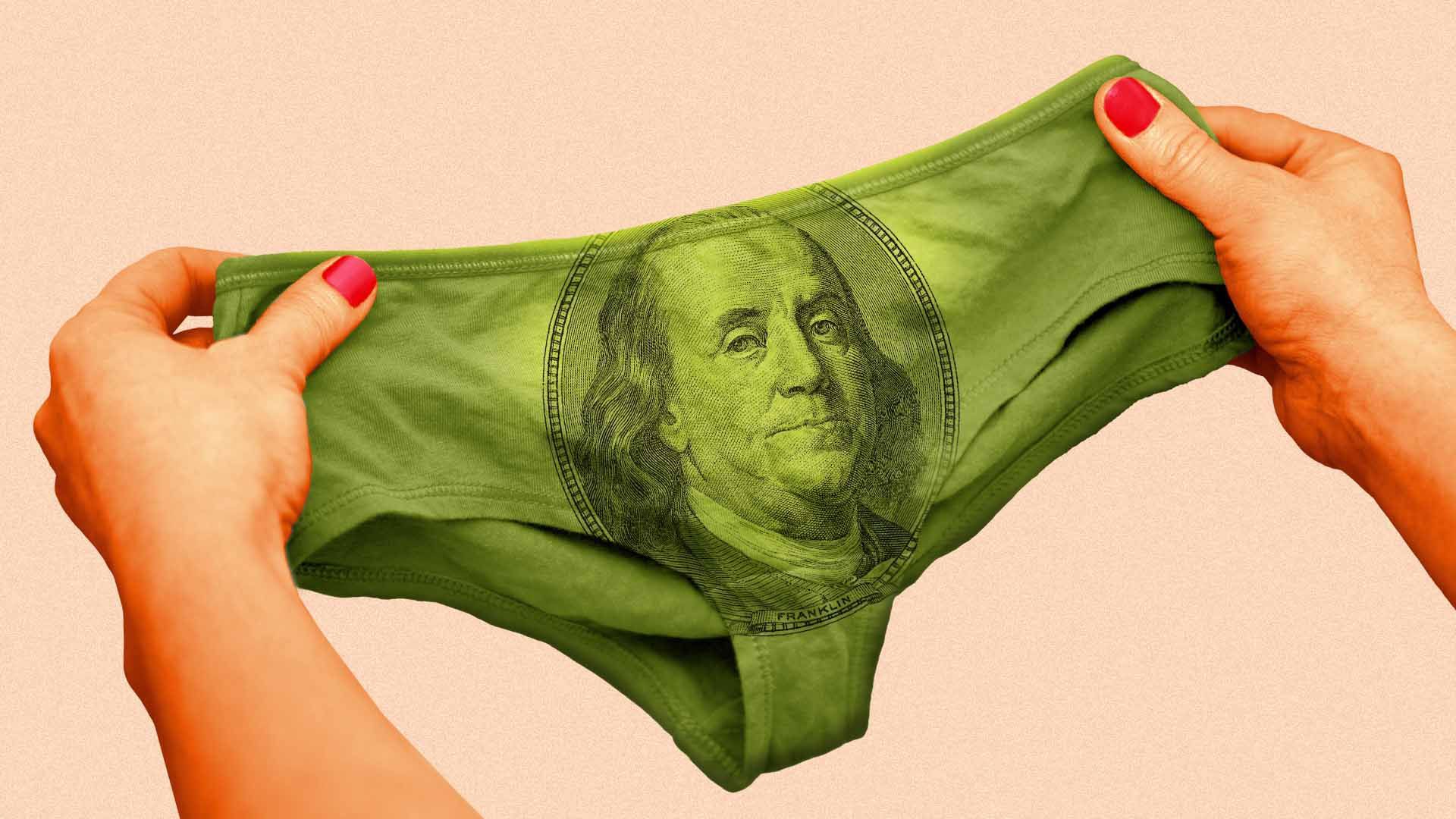Home » World News »
Women's underwear is taxed at higher rates than men's
Illustration: Sarah Grillo/Axios
Here's the bottom line on underwear tariffs — they're sexist.
State of play: The average U.S. tariff rate on women's underwear is 15%, compared to 11.5% for men's underwear, per an analysis last week from a former U.S. trade official, highlighted by Catherine Rampell in the Washington Post.
- "Worst Valentine's Day surprise ever," writes Ed Gresser in the report, from the Progressive Policy Institute.
The big picture: Tariffs are the taxes the federal government tacks on to imported goods. Sometimes administrations monkey around with them to help U.S. manufacturers, or for other international relations-y reasons.
- But these underpants tariffs aren't about boosting domestic panty producers. In fact, 98% of clothing in the U.S. is imported.
- This is a literal "pink tax."
- Typically, the term refers to the practice of companies marking up products aimed at women — charging more for gendered products — "women's deodorant," or "women's pens" (seriously).
By the numbers: Because the tariff rate is higher and because women buy more underwear, about three-quarters of the $1.54 billion the U.S. collected in underwear tariffs last year was from women's undergarments, Gresser found.
- "[O]n average the tariff system appears to add about $1.10 to the cost of each women’s underwear item, and 75 cents to men’s."
- Most tariff systems in other countries don't gender underwear tariffs — applying one rate to all of the stuff.
- Meanwhile, tariffs are unfair in other ways. They have a "class bias," Gresser writes. Silk and cashmere are taxed at lower rates than cotton, for example.
Yes, but: It's unlikely the panty gender gap is intentionally discriminatory. It's not clear exactly why women's undergarments are taxed at a higher rate. "The patterns seem to date back to lobbying from earlier eras," Rampell writes.
- "In the garment industry, U.S. manufacturers might have felt most threatened by foreign competition on more labor-intensive products, which were disproportionately women’s products."
What they're saying: "Seriously?! Boo! Do better! ???," writes Gresser in his report.
Source: Read Full Article



